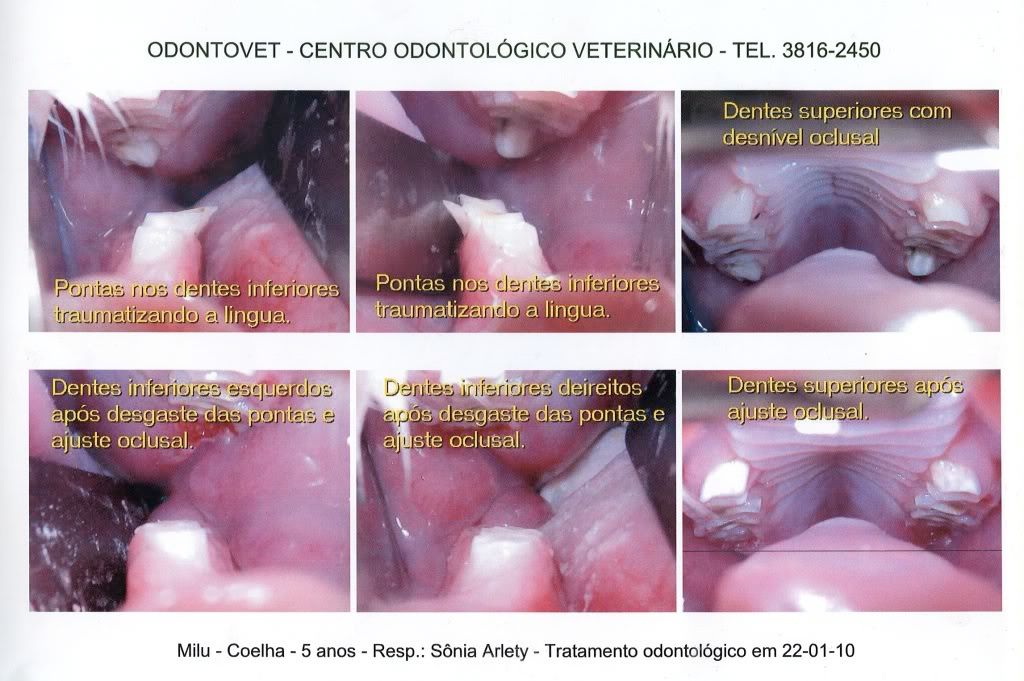hotmaildeal
New Kit
I have a male white rabbit, 5 years old.
He often has eye discharge (not now, but always has it) and bad breath.
He stopped eating about 5 days ago.
Now he's drooling excessively, breath smelled like acetone (got a little better after we started feeding him bunny food juice with a syringe), almost don't poop at all, perhaps for not eating solids anymore. he tries to give a bite in his food and stops there. Eating seems to hurt him and he refuses even the liquid food given with the syringe.
He has some sort of nodule under his chin. It's painful,he doesn't want anyone touching it (I found it out while cleaning his drool). The vet said that wouldn't cause the drooling, etc., but didn't examine it to know what it can be.
His feces were examined and at least the thing the vet suspected it could be is ruled out. Lots of gas trapped in the intestine but he's being medicated for it.
I took him to all available vets in my town but nobody found any cause for his case, they're as puzzled as me and are welcoming help. They sent us home and told me to keep trying to feed the bunny.
I know my bunny wouldn't be acting like this from out of the blue without a reason, and that his symptoms seem classic for teeth problems. I'm posting the 2 x-ray pics here, perhaps someone will see something and help us?
THANKS, ANY HELP IS WELCOME!!
for the x-ray pics, go to:
<a href="http://s175.photobucket.com/albums/w146/hotmaildeal/?action=view¤t=MILU-1.jpg" target="_blank"><img src="http://i175.photobucket.com/albums/w146/hotmaildeal/MILU-1.jpg" border="0" alt="MILU"></a>
and to:
<a href="http://s175.photobucket.com/albums/w146/hotmaildeal/?action=view¤t=MILU2.jpg" target="_blank"><img src="http://i175.photobucket.com/albums/w146/hotmaildeal/MILU2.jpg" border="0" alt="Photobucket"></a>
He often has eye discharge (not now, but always has it) and bad breath.
He stopped eating about 5 days ago.
Now he's drooling excessively, breath smelled like acetone (got a little better after we started feeding him bunny food juice with a syringe), almost don't poop at all, perhaps for not eating solids anymore. he tries to give a bite in his food and stops there. Eating seems to hurt him and he refuses even the liquid food given with the syringe.
He has some sort of nodule under his chin. It's painful,he doesn't want anyone touching it (I found it out while cleaning his drool). The vet said that wouldn't cause the drooling, etc., but didn't examine it to know what it can be.
His feces were examined and at least the thing the vet suspected it could be is ruled out. Lots of gas trapped in the intestine but he's being medicated for it.
I took him to all available vets in my town but nobody found any cause for his case, they're as puzzled as me and are welcoming help. They sent us home and told me to keep trying to feed the bunny.
I know my bunny wouldn't be acting like this from out of the blue without a reason, and that his symptoms seem classic for teeth problems. I'm posting the 2 x-ray pics here, perhaps someone will see something and help us?
THANKS, ANY HELP IS WELCOME!!
for the x-ray pics, go to:
<a href="http://s175.photobucket.com/albums/w146/hotmaildeal/?action=view¤t=MILU-1.jpg" target="_blank"><img src="http://i175.photobucket.com/albums/w146/hotmaildeal/MILU-1.jpg" border="0" alt="MILU"></a>
and to:
<a href="http://s175.photobucket.com/albums/w146/hotmaildeal/?action=view¤t=MILU2.jpg" target="_blank"><img src="http://i175.photobucket.com/albums/w146/hotmaildeal/MILU2.jpg" border="0" alt="Photobucket"></a>


